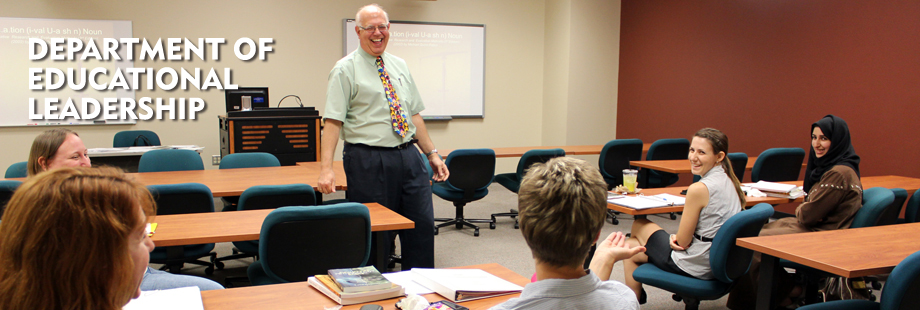Document Type
Article
Publication Date
1-2016
Publication Source
School Business Affairs
Abstract
The status of collective bargaining in public education has been in an almost constant state of flux recently. More than 30 states have adopted laws that allow teachers and other public school employees to form unions to bargain collectively with their boards over the terms and conditions of their employment.
Amid debates over their status in public education, the Supreme Court has consistently upheld the right of unions to charge fair-share fees even as it limited their scope. Fair-share or agency fees are based on the premise that insofar as nonmembers benefit from union activities, they should have to pay a fair share or percentage of costs associated with bargaining in their districts. However, in light of a case currently before the Court, Friedrichs v. California Teachers Association (2015), the future of fair-share fees may be in doubt.
Inclusive pages
37-39
ISBN/ISSN
0036-651X
Document Version
Published Version
Copyright
Copyright © 2016, ASBO International
Publisher
Association of School Business Officials
Volume
82
Issue
1
Place of Publication
Reston, VA
eCommons Citation
Russo, Charles J., "Teacher Unions, the Right-to-Work and Fair Share Agreements" (2016). Educational Leadership Faculty Publications. 187.
https://ecommons.udayton.edu/eda_fac_pub/187
Included in
Education Law Commons, Elementary and Middle and Secondary Education Administration Commons, Supreme Court of the United States Commons




Comments
This document has been made available for download by permission of the publisher.
This article originally appeared in the January 2016 School Business Affairs magazine and is reprinted with permission of the Association of School Business Officials International (ASBO). The text herein does not necessarily represent the views or policies of ASBO International, and use of this imprint does not imply any endorsement or recognition by ASBO International and its officers or affiliates. Any additional re-purposing or reprint of this article in this or any other medium is restricted without prior written consent.
Permission documentation is on file.